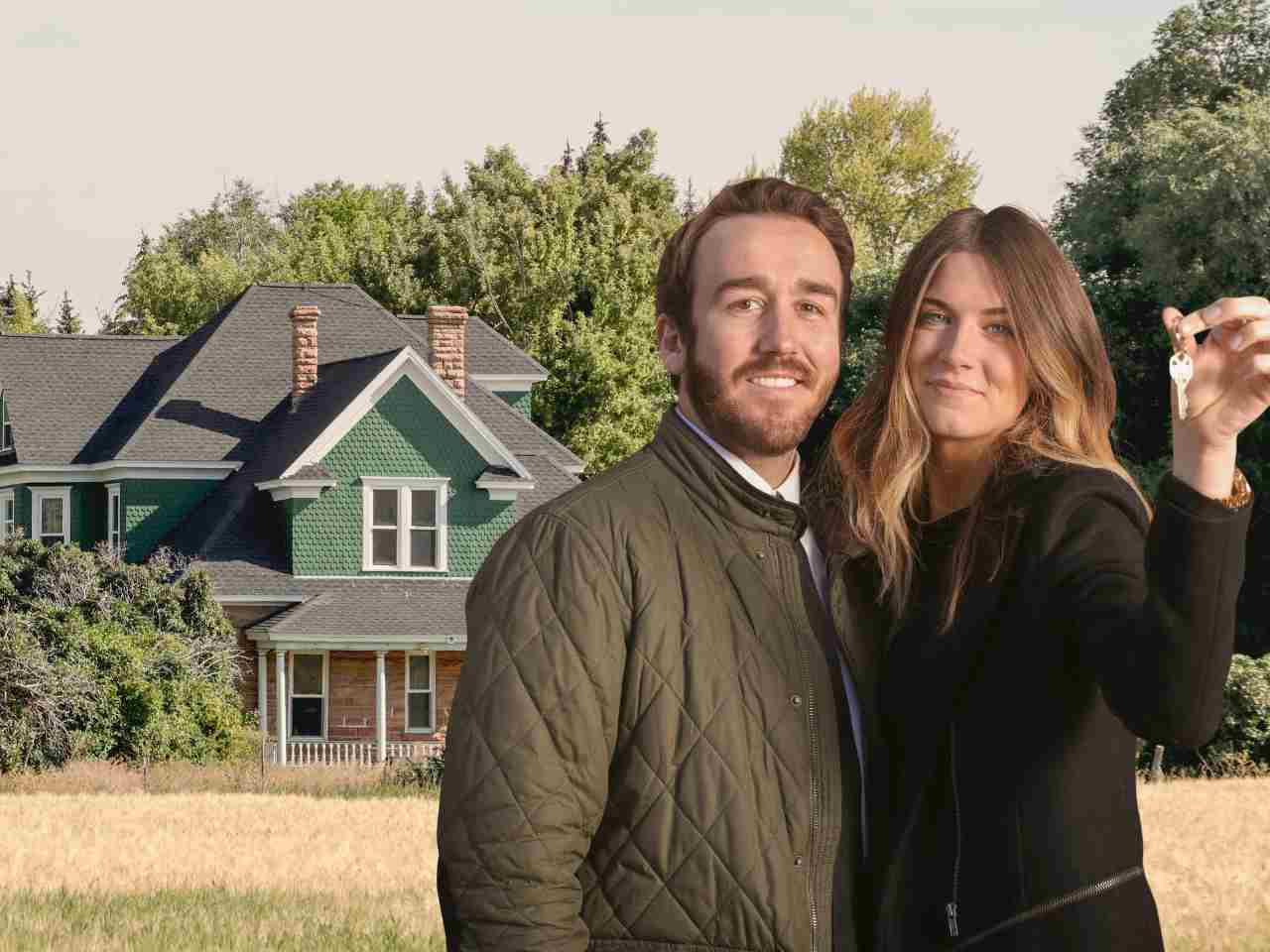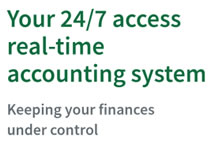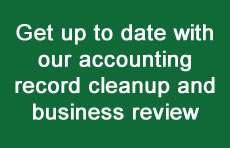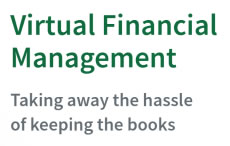Sybille Schaufler Accounting Blog
Sybille Schaufler Accounting is pleased to provide a variety of resources on accounting, taxation and other related subjects that we hope will be helpful to both individuals and businesses.
If you have any questions, simply contact me, and I will be happy to discuss your needs with you.First Home Savings Accounts Help Save Taxes
First Home Savings Accounts, or FHSAs combine the concept of Tax-Free Savings Accounts and Registered Retirement Savings Plans. For people aged 18 and older, like an RRSP, contributors receive a tax deduction on contributions and TFSA-like tax-free withdrawals when using the savings to buy a home. Further, any investment gains earned in the account are tax-sheltered.
Eligibility - you must be:
- An individual resident of Canada
- At least 18 years of age, or the age of majority in your province or territory
- Not turning 72 or older in the year
- A first-time home buyer means that you or your spouse / common-law partner did not own a qualifying home that you lived in as your principal residence at any part of the calendar year before the account is opened or the preceding four calendar years.
Contributions & Tax Deductions
- The lifetime contribution limit is $40,000.
- Annual contributions are limited to $8,000.
- You can carry forward any part of an unused contribution for use in a later year.
- Contributions can be claimed as a deduction against all sources of taxable income.
- You will be able to carry forward contributions that were not previously deducted indefinitely and deduct them in a later year
- Overcontributions are penalized like other registered accounts.
Income
- Income and capital gains in an FHSA are not included in your annual income.
- Losses are not deductible for tax purposes.
- Funds can grow and compound on a tax-free basis.
Qualifying investments
Like RRSPs and TFSAs, these can include:
- Mutual funds
- Exchange-traded funds
- Publicly traded securities
- Government and corporate bonds
- Guaranteed investment certificates (GICs).
Withdrawals
- Qualifying withdrawals to buy a home are tax-free and must meet these conditions:
- You must be a first-time home buyer when you make the withdrawal.
- You must be a resident of Canada from the time of the withdrawal to the acquisition of the qualifying home.
- You must have a written agreement to buy or build a qualifying home before October 1 of the year following the year of withdrawal.
- You must intend to occupy the home as a principal residence within one year of buying or building it.
- The qualifying home must be a housing unit in Canada.
Your Spouse
- You cannot contribute to a spouse’s FHSA and claim a deduction yourself. You can, however, gift funds to your spouse so that they can claim a deduction on their own FHSA contribution.
- In the event of a marriage breakdown, transfer rules come into effect.
Transfers
- After making a qualifying withdrawal, the remaining funds can be transferred to another FHSA, RRSP RRIF, on a tax-free basis.
The transfer of funds from an FHSA to an RRSP does not reduce your available RRSP contribution room, so you can effectively create more RRSP room by starting to contribute to an FHSA.
An FSHA must eventually be closed. There are several conditions involved in either closing or transferring. If you find yourself in this situation, click here to see if we are a good fit for your taxation needs if you find yourself in this situation.
When you subscribe to the blog, we will send you an e-mail when there are new updates on the site so you wouldn't miss them.






Comments